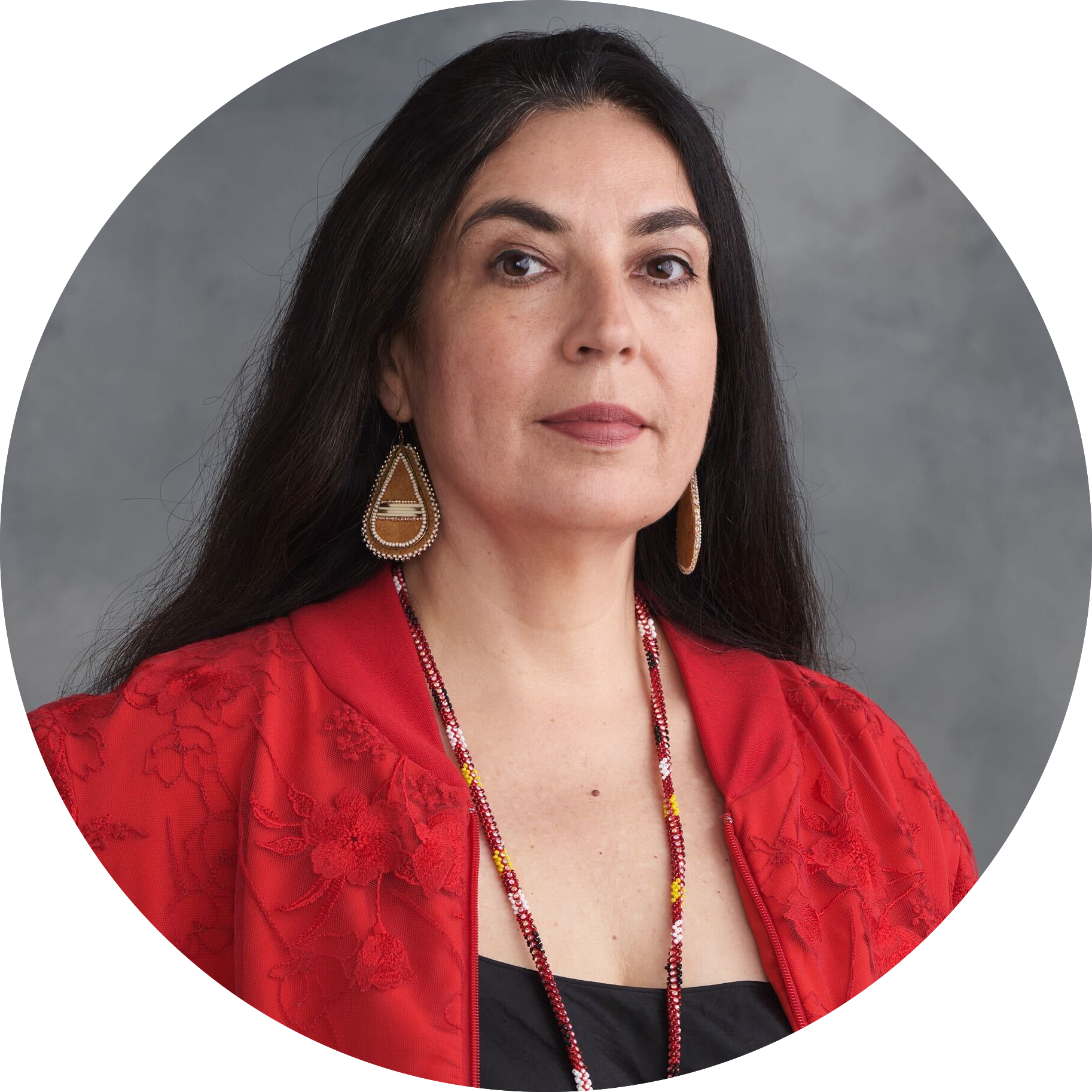
B.C. failing to protect 81% of critical habitat for at-risk species: government docs
B.C. allows industrial logging in critical habitat for at-risk species — part of the reason...
About this time I became aware of the fossil fuel divestment movement. Students from over 20 universities across the country are attempting to convince their schools to divest their endowment funds from the top 200 fossil fuel companies within five years, and immediately freeze any new investments in those companies. And I thought, hey, I have a couple of university degrees, maybe I can help.
But first you might be wondering why exactly these students and I are so worked up about climate change and fossil fuel companies. The answer boils down to 3 numbers:
Every country in the world has formally agreed to limit the Earth’s temperature rise to two degrees, and recently agreed in Paris to aim even lower.
The amount of carbon dioxide (CO2) scientists estimate is the maximum amount we can burn to have a decent chance of keeping warming under 2C.
The total CO2 contained in the proven reserves of fossil fuel companies. So if we’re serious about keeping warming under 2C, most of that needs to stay in the ground.
BUT not only are fossil fuel companies committed to burning all of those reserves, they’re spending billions looking for new ones. New UNBURNABLE reserves. So by investing in fossil fuel companies you’re essentially placing a bet on how long they can fool people.
This “carbon bubble” is openly acknowledged by big players in the financial community, including Bank of England (and former Bank of Canada) governor Mark Carney, the IMF, the World Bank, Citibank, Goldman Sachs, and a coalition of 70 investors worth $3 trillion.
But this isn’t just a financial issue, it’s a moral one.
New investigations (available here and here) have concluded that ExxonMobil (and other fossil fuel companies) understood the science of climate change and its implications by the mid-1980s, and then spent decades systematically funding climate denial. That’s some soul-boggling evil right there.
Exxon is now being investigated by New York’s attorney general, and it could be the start of years of lawsuits like those against the tobacco industry after they were caught covering up the health effects of their product.
The fossil fuel industry is not some benevolent group of companies competing on a level playing field to make an honest buck. It’s heavily subsidized, subverts democracy by blocking laws that protect the environment, and funds climate denial lobby groups (there’s lots and lots and lots and lots and lots and lots and lots and lots
and lots and lots and lots and lots and lots
of evidence for this).
The goal of divestment is to revoke the social license of an industry whose business model is not compatible with a liveable climate. Divestment activists are simply saying “It is immoral to profit off of climate change. Period. Exclamation mark.”
BUT…
All reasonable questions, and all answered by The Guardian in this handy article.
Even a former CEO of Shell called divestment a “rational approach,” and it must be at least somewhat effective since the industry feels threatened enough by the movement to attack it.
These include colleges and universities, churches, charities, cities, and others. However only one Canadian university — the University of Ottawa — has joined the fossil free movement. (Congrats to the hardworking students of Fossil Free uOttawa!)
And some have explicitly refused, including Dalhousie, Queen’s, UBC and U of T.
In their reasoning for their decision, the Dalhousie Board of Governors cited their “fiduciary duty to generate reasonable risk adjusted returns from a diverse portfolio of investments.”
But is the primary duty of a university to “generate reasonable returns?” They claim to be preparing students for the future, but how can they claim to do that while profiting from an industry that is actively working to make that future uninhabitable?
Easy, they pretend, and hope the calls for change grow quieter. But in fact, the calls are only growing louder by the day.
And here's where you can help.
A university’s most valuable asset is its reputation, and its alumni network is a crucial part of that reputation. As alumni, you have the power to influence the behaviour of your alma mater if enough of you act together.
THE ASK: ADD YOUR VOICE TO THOSE CALLING FOR DIVESTMENT
Sign a petition to urge your alma mater to divest from fossil fuels, and send the message that you will withhold any donations until they do.
School-specific petitions:
McGill University
University of Toronto
Dalhousie University
Queen’s University
Mount Allison University
(UBC’s is being finalized and I will post here when it’s up)
Create a new alumni petition for your alma mater, or send any existing ones, to divest@gofossilfree.ca to add it Fossil Free Canada’s list of alumni petitions: gofossilfree.ca/alumni.
You can also sign Fossil Free Canada’s alumni pledge to withhold donations.
I’ve put my degrees where my mouth is and ripped up my Dalhousie and Queen’s degrees to protest their refusal to divest (watch below). Thanks for reading, I hope you’ve been inspired to help!
Get the inside scoop on The Narwhal’s environment and climate reporting by signing up for our free newsletter. Angello Johnson’s shoulders burn, and his arms...
Continue reading
B.C. allows industrial logging in critical habitat for at-risk species — part of the reason...

Lake sturgeon have long been culturally significant and nutritionally important to First Nations in Ontario,...

Mark Carney and the Liberals have won the 2025 election. Here’s what that means for...

